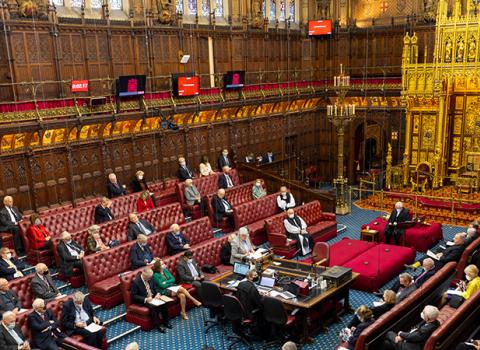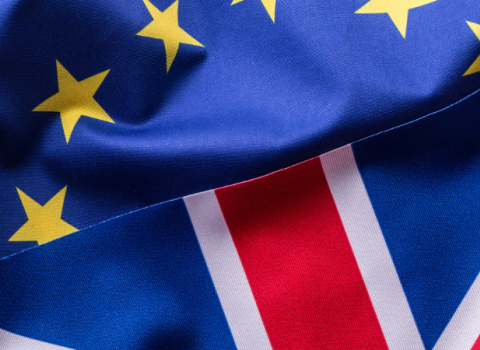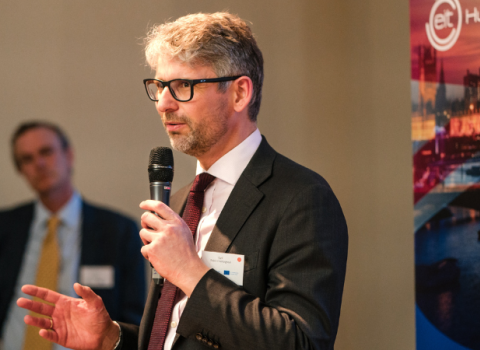A post-Brexit plan set out by the Bruegel think tank would allow the UK to maintain access to the EU single market and have a free hand to impose quotas on EU scientists, in a new model of cooperation in which the UK continues to pay into the EU budget.
The proposal, the most detailed one to emerge since the UK voted to leave the EU on June 23, would result in a relationship that is, “considerably less deep than EU membership but rather closer than a simple free-trade agreement,” the Bruegel paper says.
Europe would be reorganised in “in two circles”, with the inner circle housing all EU members. The outer, looser circle would include countries not in the EU. Outer circle countries would pay into the EU budget, but not be required to allow free of movement of workers - the bone of contention for leave voters in the UK referendum. The outer circle would also have less political influence.
Under what Bruegel terms a “continental partnership” the UK would be free to impose quotas on foreign workers, including researchers, on the understanding that the EU would do the same to Britain.
It would also give the UK the right to participate in negotiating rules affecting its shared market with the EU, which would include having a say on the shape of future research programmes.
While the country would be granted no formal voting power, this arrangement is more than is currently offered to non-EU members, Norway and Switzerland.
New template needed
None of the existing models of partnership with the EU would be suitable for the UK, the paper argues, saying, “We believe that departing from the standard templates is essential for the success of the UK exit negotiations.”
The Norway option would not allow limits on freedom of movement for workers, which is likely to be a priority for the UK government.
Similarly, under the Swiss model the UK would have to comply with EU regulation in the sectors in which it participated.
The continental partnership proposal is likely to be an attractive pitch to Switzerland, which like the UK which wants to limit free movement of workers from poorer countries.
Following a referendum two years ago, which went in favour of restricting the number of workers arriving from the EU, Brussels retaliated by kicking Switzerland out of the Horizon 2020 research programme.
Switzerland has since been re-admitted, but the EU has demanded it complies with free movement rules if it wishes to continue as an associated country in Horizon 2020 beyond February 2017.




 A unique international forum for public research organisations and companies to connect their external engagement with strategic interests around their R&D system.
A unique international forum for public research organisations and companies to connect their external engagement with strategic interests around their R&D system.